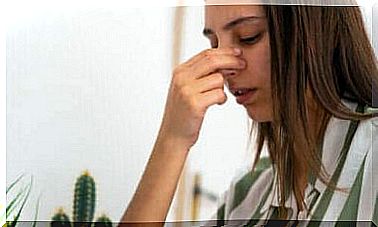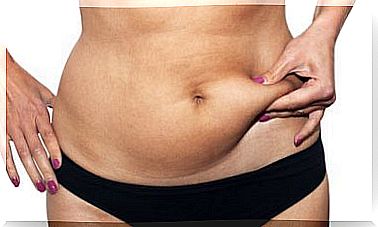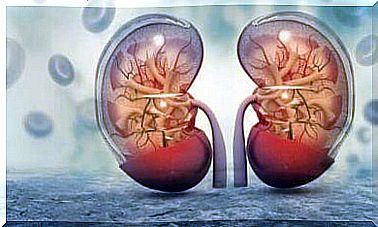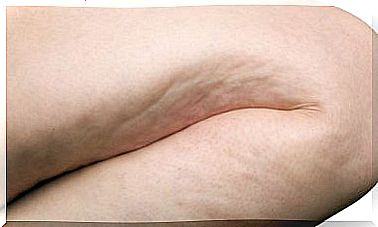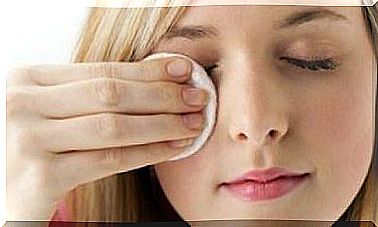How Does Air Humidity Affect The Body?
Low air humidity favors the occurrence of viruses and the development of respiratory diseases. It is therefore important to ensure that there is sufficient moisture in the air. Because this way you can avoid health problems.

The air humidity has a direct influence on the amount of allergens and microorganisms in the environment. In particular, high humidity favors the multiplication of house dust mites and also the growth of mold. These are a major nuisance, especially for allergy sufferers.
In this article we will give you more information about how humidity affects the body and what health consequences and effects it can have.
Because not only allergy sufferers suffer from the effects of high humidity. There is hardly anyone who really enjoys it when the heat is really sticky and humid.
But have you ever wondered why you feel so uncomfortable when it’s muggy and hot? Or why do you usually find extremely dry air uncomfortable?
Too dry, too humid – you can see: It seems to be important that the humidity is reasonably moderate. Because both extremely dry and very humid air affects people and their health.
So the issue doesn’t just affect people who suffer from allergies. The humidity also has an impact on everyone else. We’ll tell you more about it below.
Effects of high humidity on the body
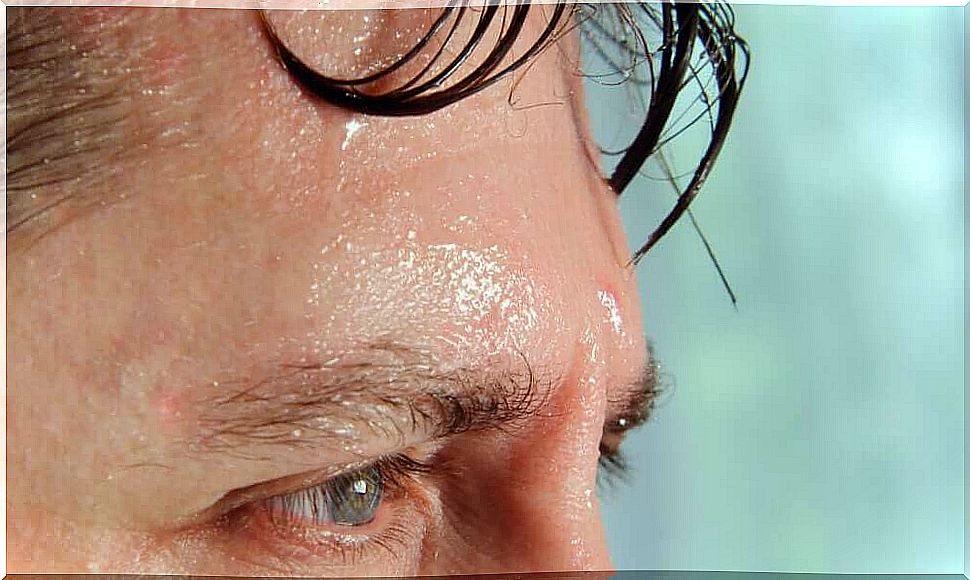
High humidity usually makes hot weather even more unbearable. One of the reasons for this is that the higher the relative humidity, the higher the temperature feels. So you feel the warm weather in a damp place as very hot, although the temperature is actually quite acceptable.
But why does the humidity make you feel the temperature is hotter? To understand this, you need to know a few things. For example, about how our body cooling works or how your organism regulates the temperature.
Moisture helps keep the body cool
Sweating is one of the body’s most important cooling mechanisms. But it only cools you if the water that is created when the temperature rises is excreted through the skin and evaporates. And this is where humidity comes into play.
Because the concentration of water in the air, depending on the temperature, determines the speed at which the liquid can evaporate from your skin. So if the air is very humid, it will be more difficult for it to absorb your sweat.
The consequence of it? You sweat and sweat, but instead of feeling some refreshment, you just feel heated and sticky.
So when high relative humidity interferes with this cooling mechanism of sweating, the body is eventually forced to take other measures to cool itself off.
Then the body begins to overheat. However, this leads to a loss of fluids, salt and other compounds necessary for the body. Such overheating or exhaustion can eventually lead to dehydration and unbalance of the body’s chemical balance.
If the overheating is severe, the following symptoms may arise:
- cramps
- Circulatory collapse or fainting
- Exhaustion or weakness
- Sunstroke
So that it doesn’t get that far, you can first of all pay particular attention to two things: Not only the temperature on your thermometer, but also the heat index. So the values for the felt temperature.
In addition, it is of course important to drink plenty of water and avoid physical exertion if possible. You should also try to cool down if you experience signs of tiredness or a high heart rate.
The drier the air, the faster it cools and the fresher your body feels. This not only makes you feel more comfortable again. There is also a reduction in allergens. Because these occur more and more under warm and humid conditions.
Effects of low humidity on the body
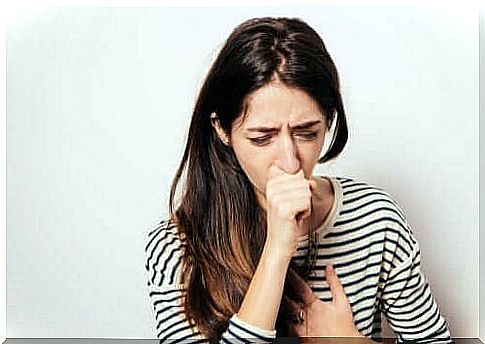
In many regions it is not uncommon for relative humidity to be over 80% in summer. But it can then only be up to 20% in the autumn months. The effects of low humidity on your body can be felt most clearly in two things: the skin and the respiratory system.
If the humidity is low, you will probably feel the following symptoms in the respiratory system, among others:
- Dry nose
- Sore throat or sore throat
- Increased disease transmission
And your skin is affected by dry air in the following ways:
- Dry skin
- Chapped lips
- Dry eyes
Conclusion
As you can see, both too much and too little moisture in the air can have negative consequences for your health. Don’t forget that the relative humidity depends on the temperature. These two factors are closely related. That is, the changes in one affect the other.
It is often ideal to keep the relative humidity at a constant level between 35% and 50%. Because this is how the body can function normally. In addition, allergens such as dust mites and molds do not increase under such conditions.
With all these things in mind, you will now be able to better understand how your body works in relation to its surroundings. This can help you take the right precautions so that the effects of humidity don’t affect your quality of life.
